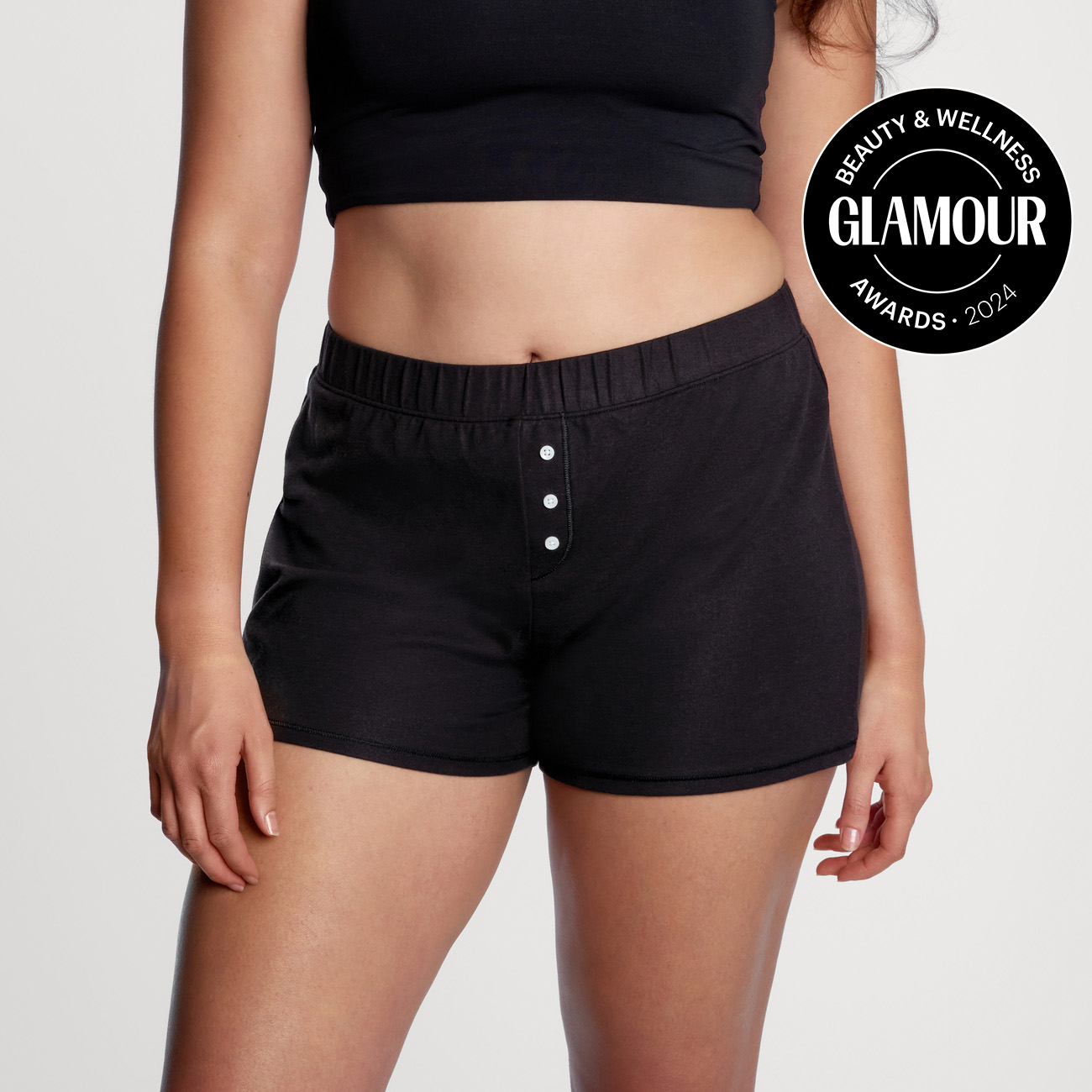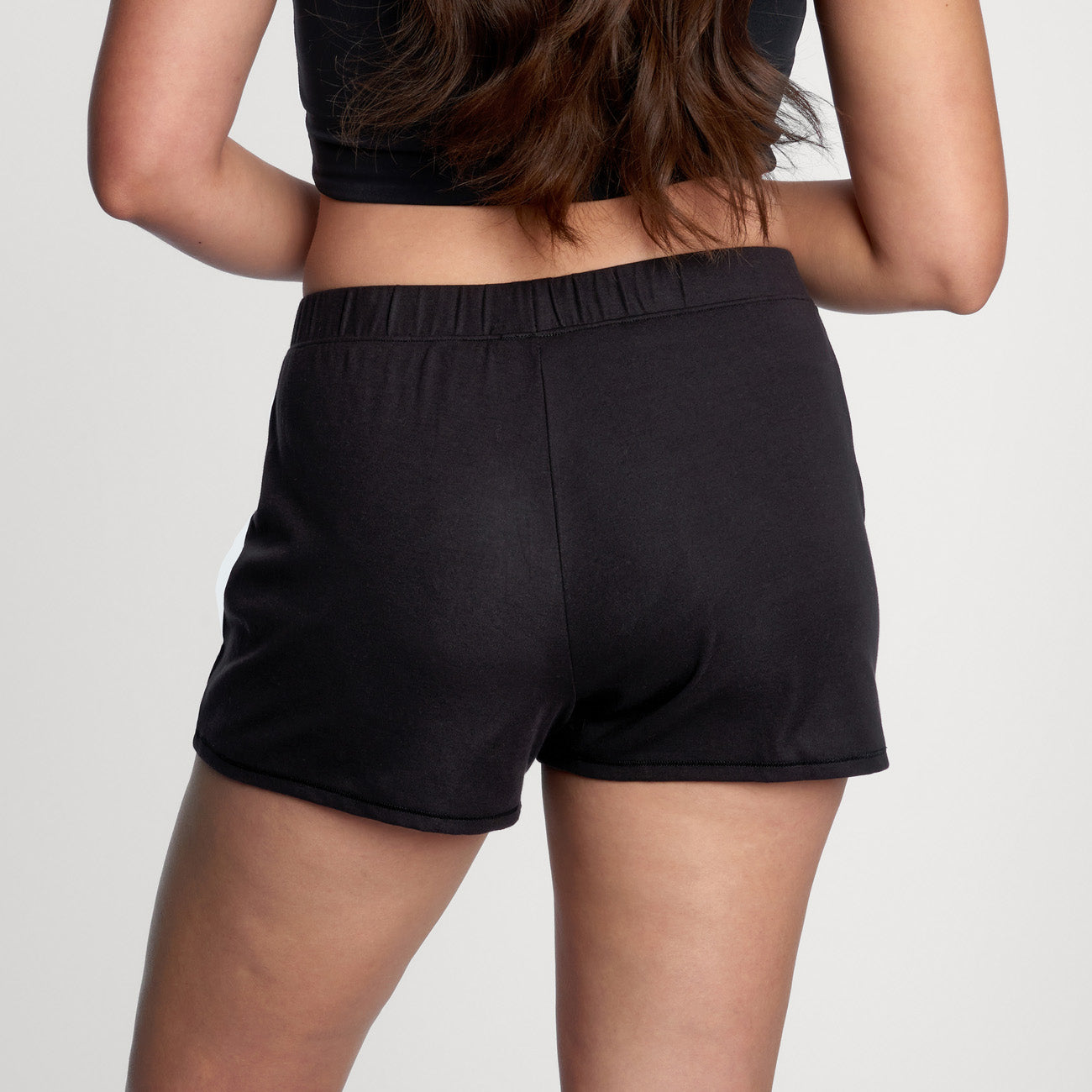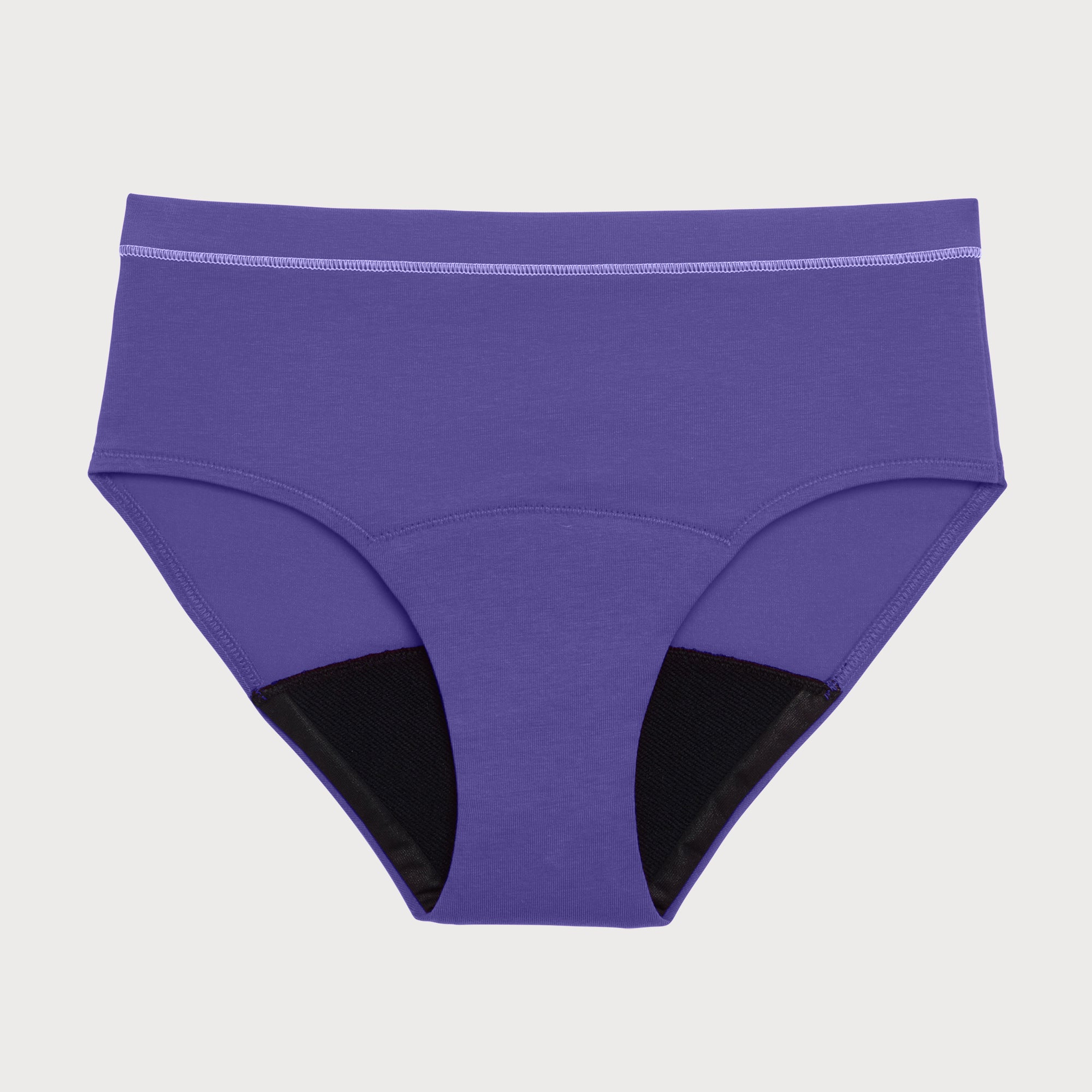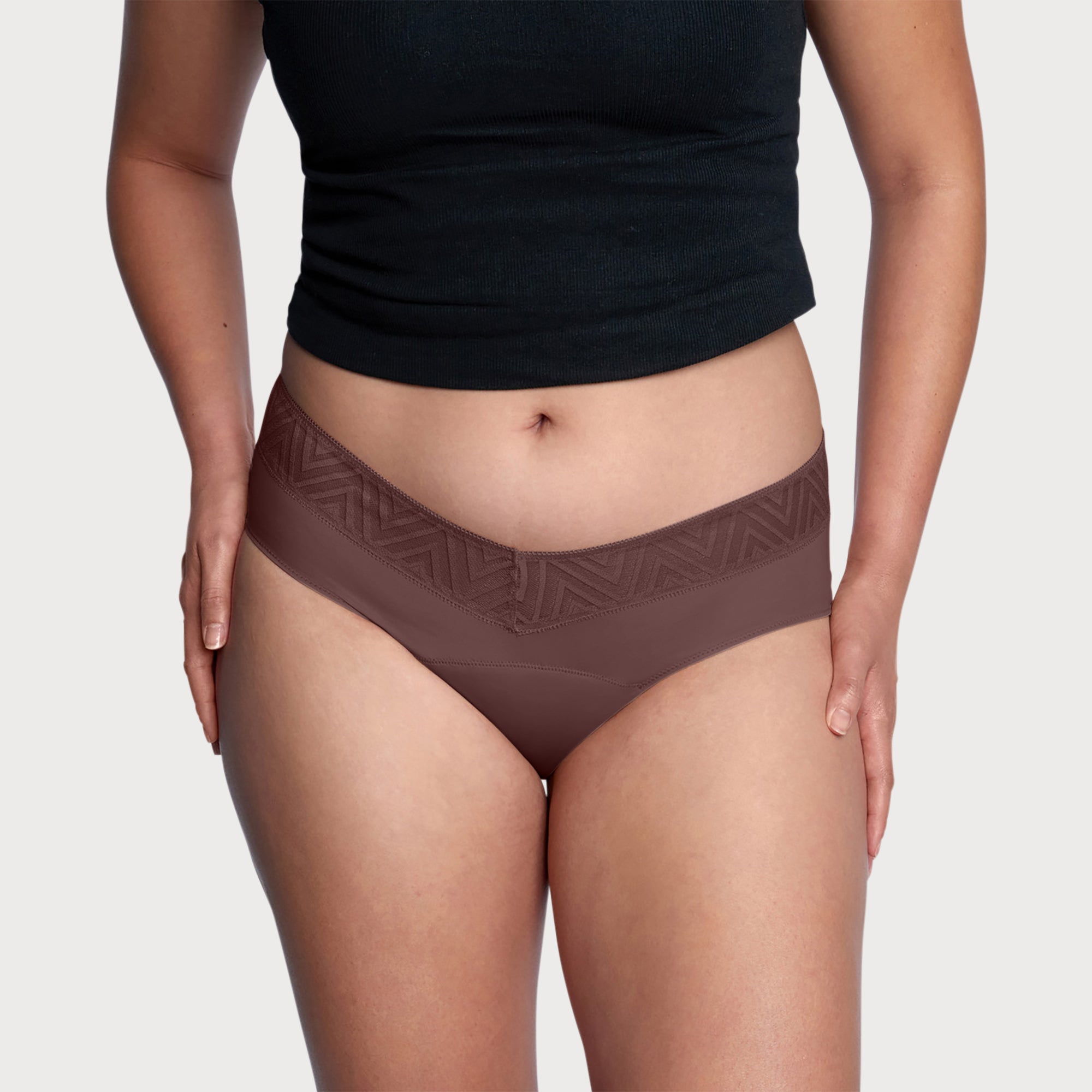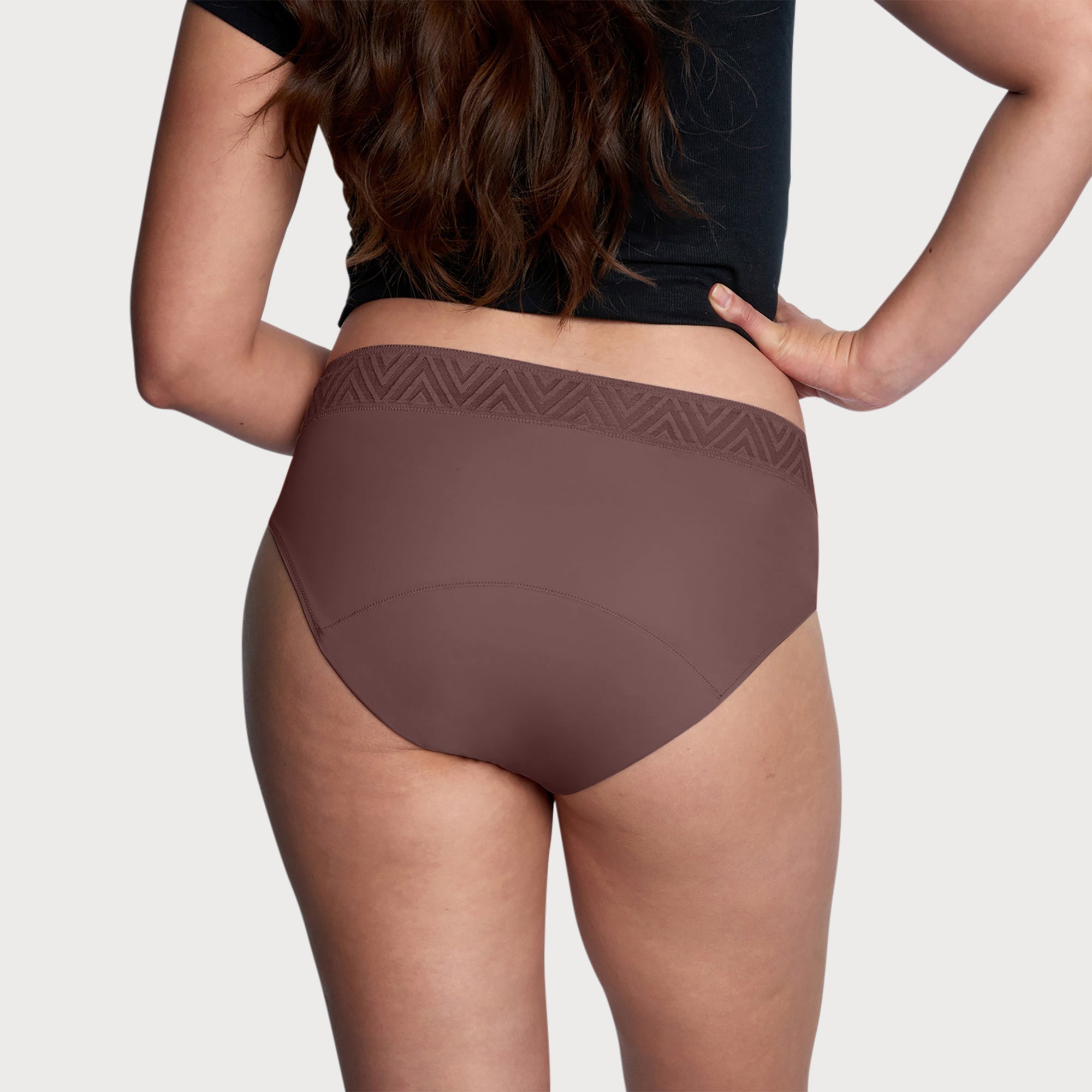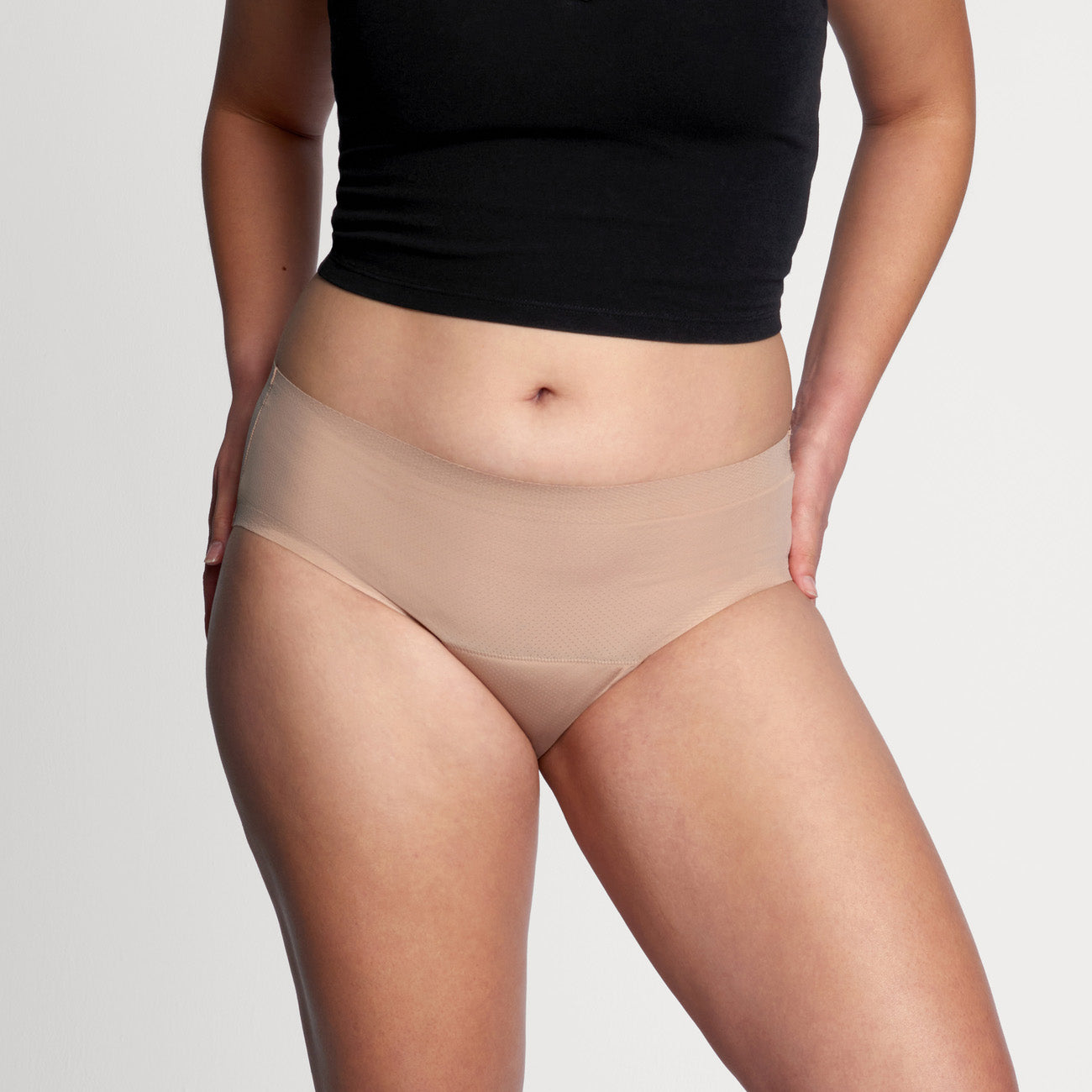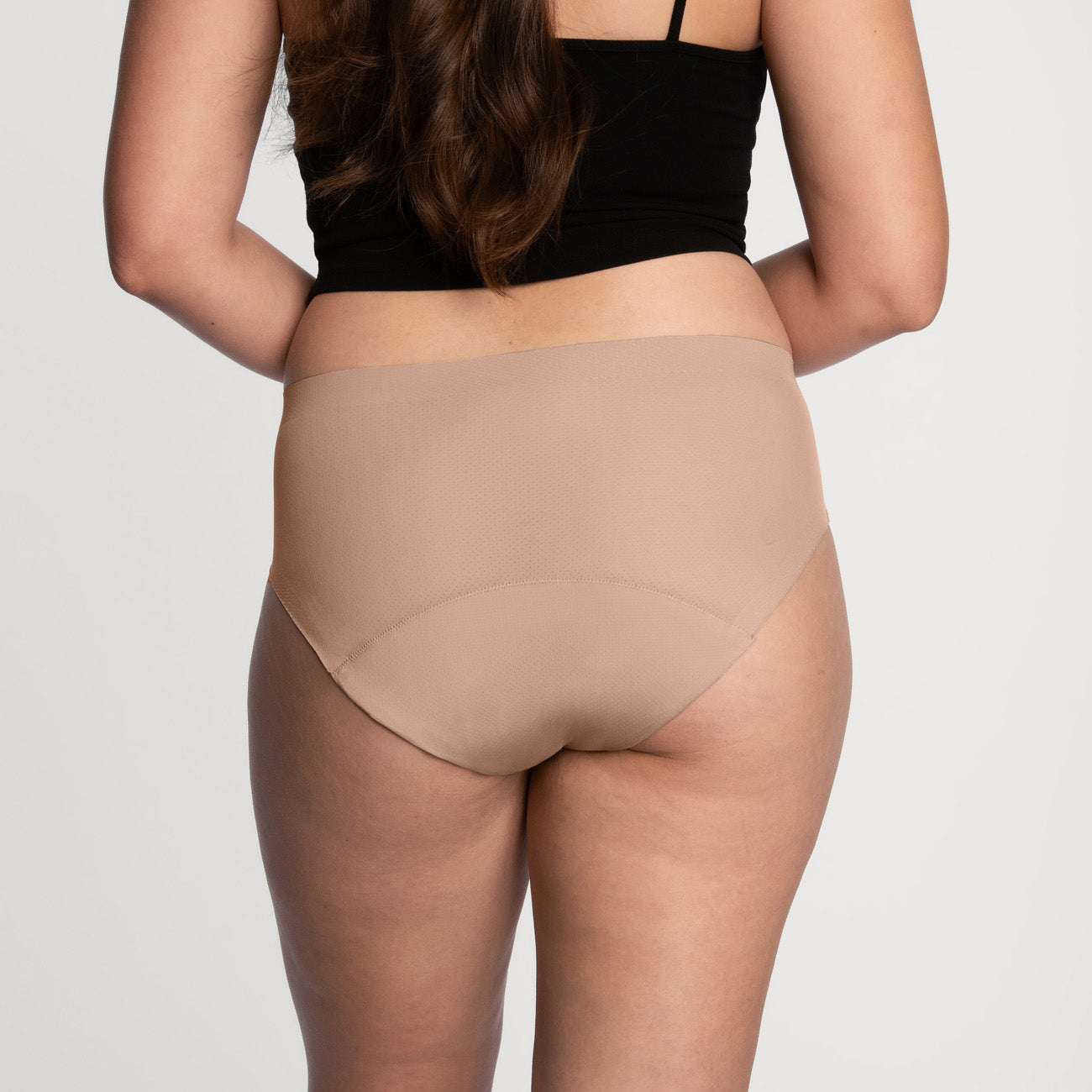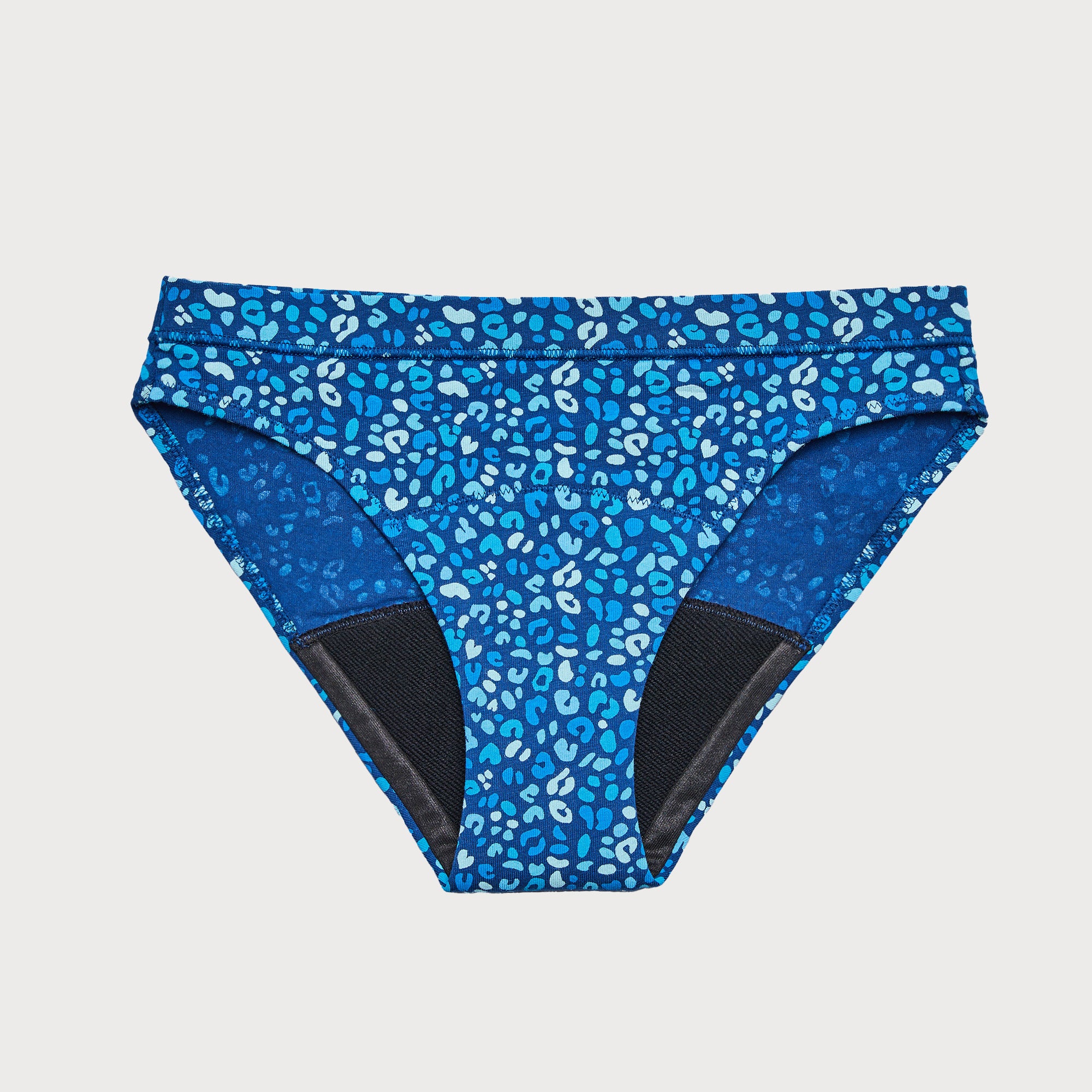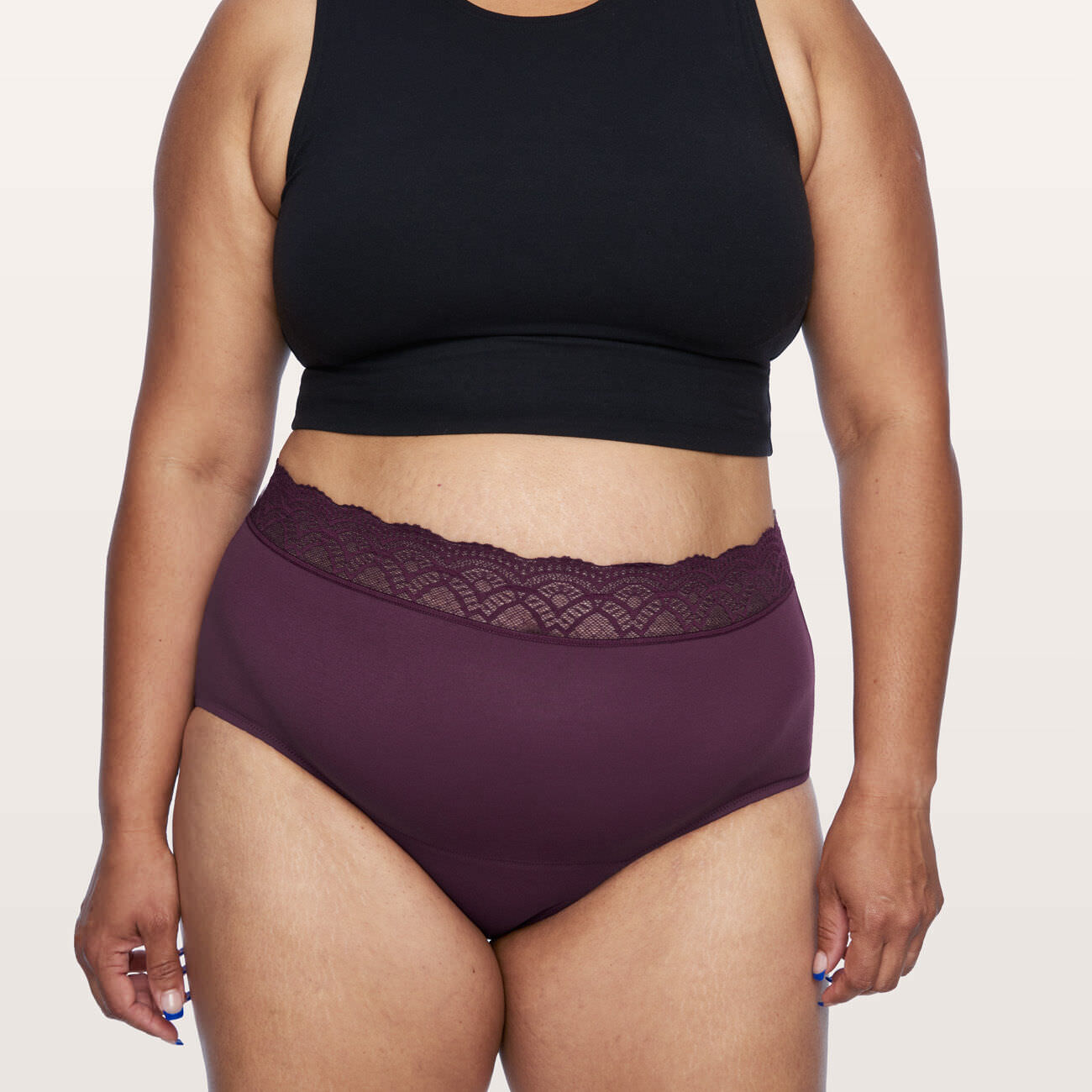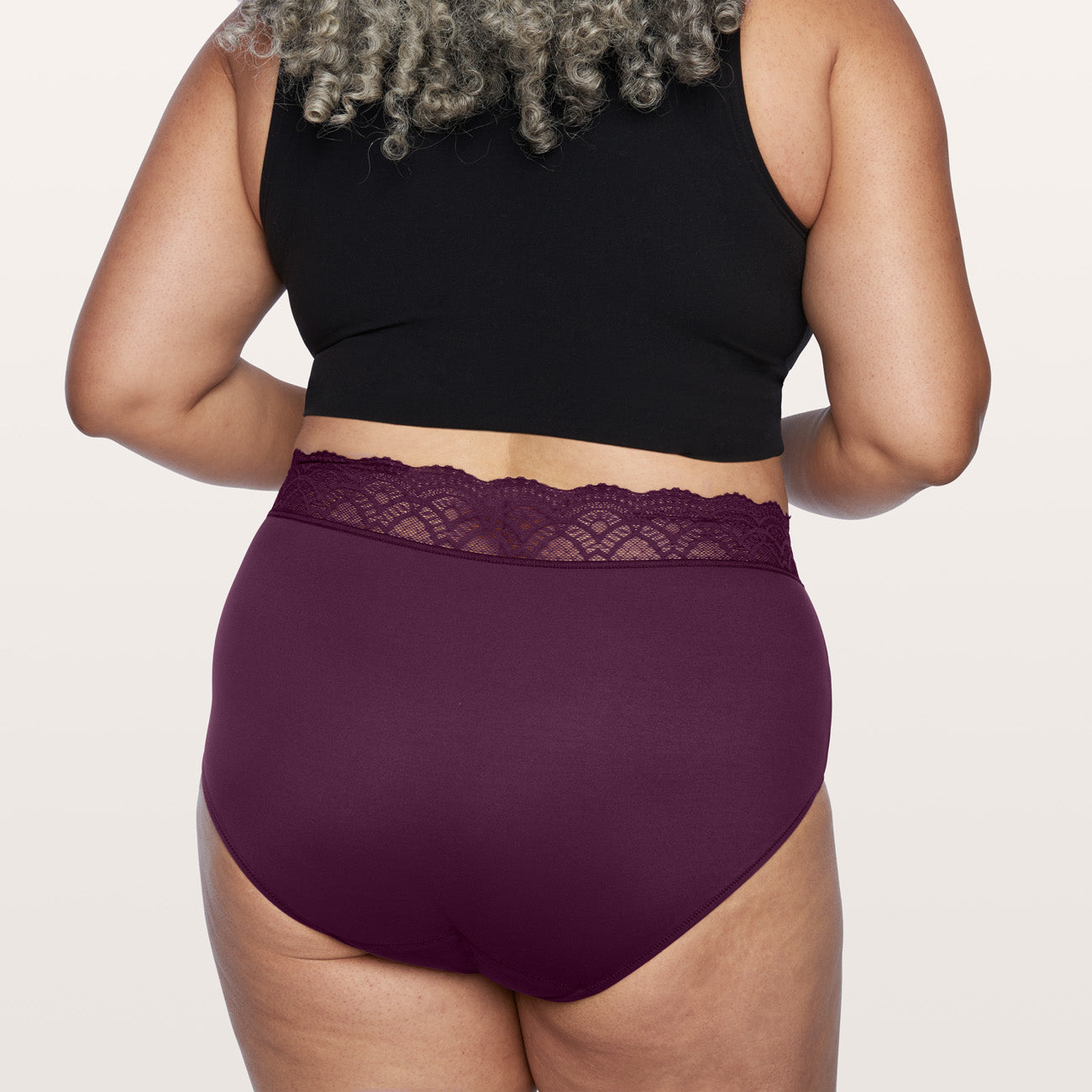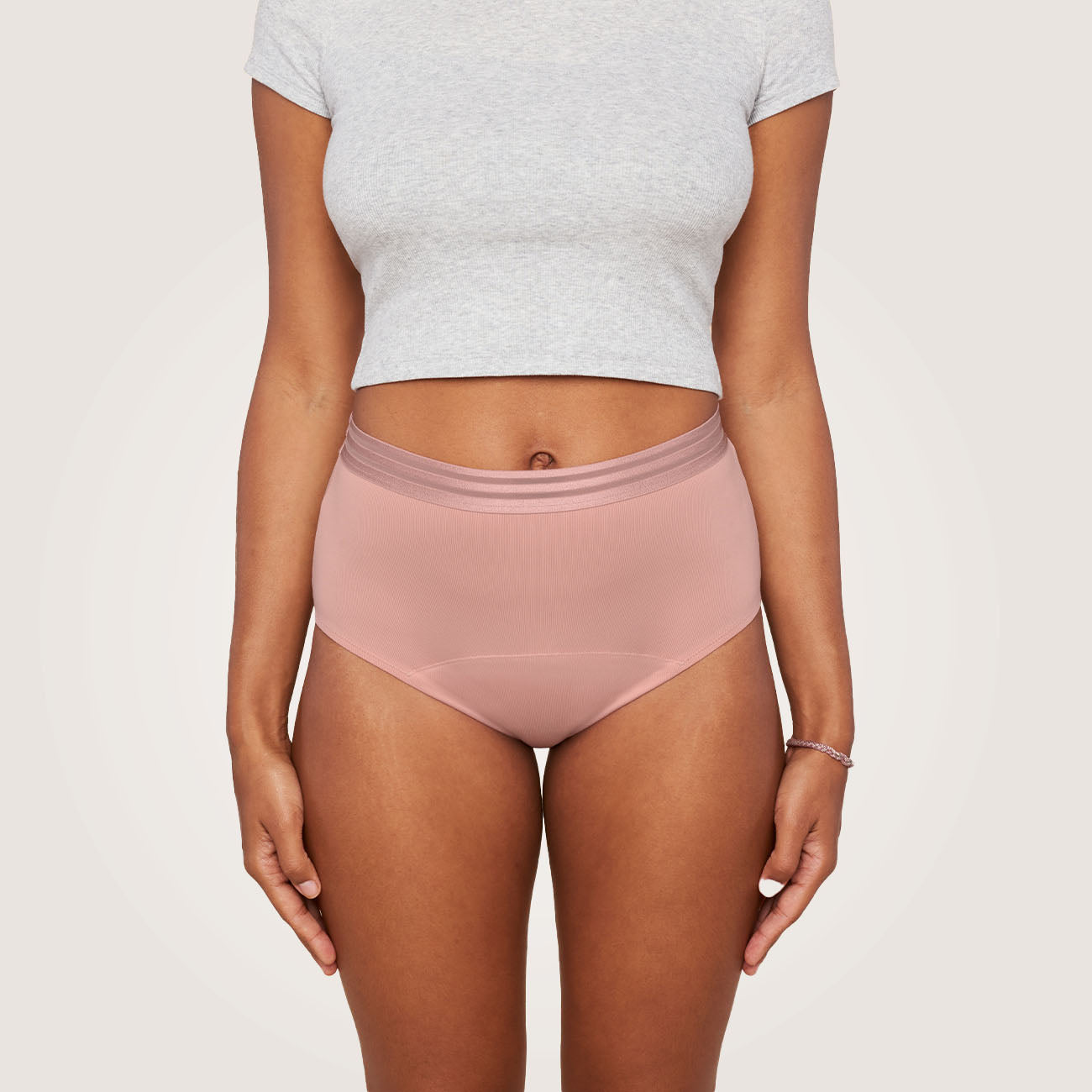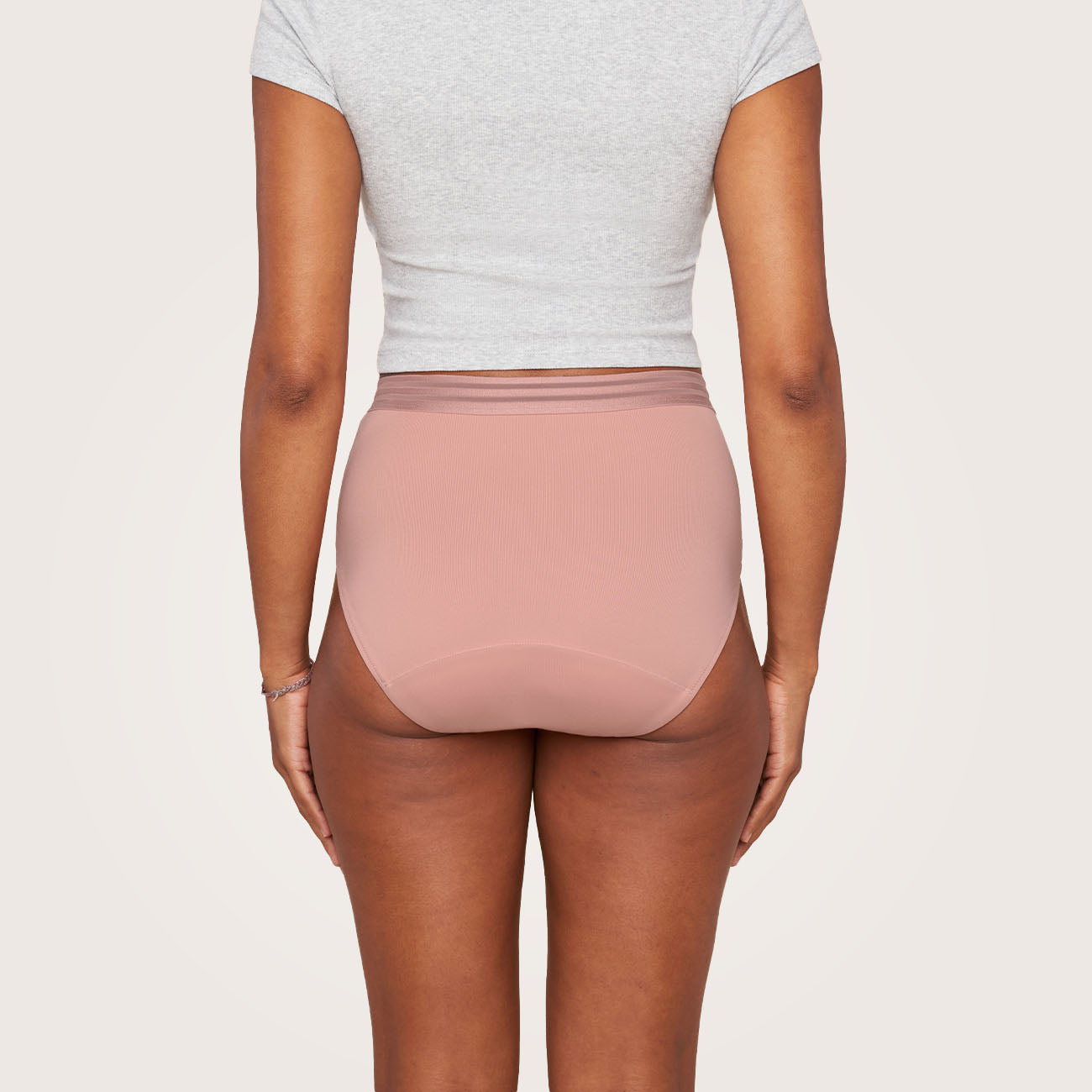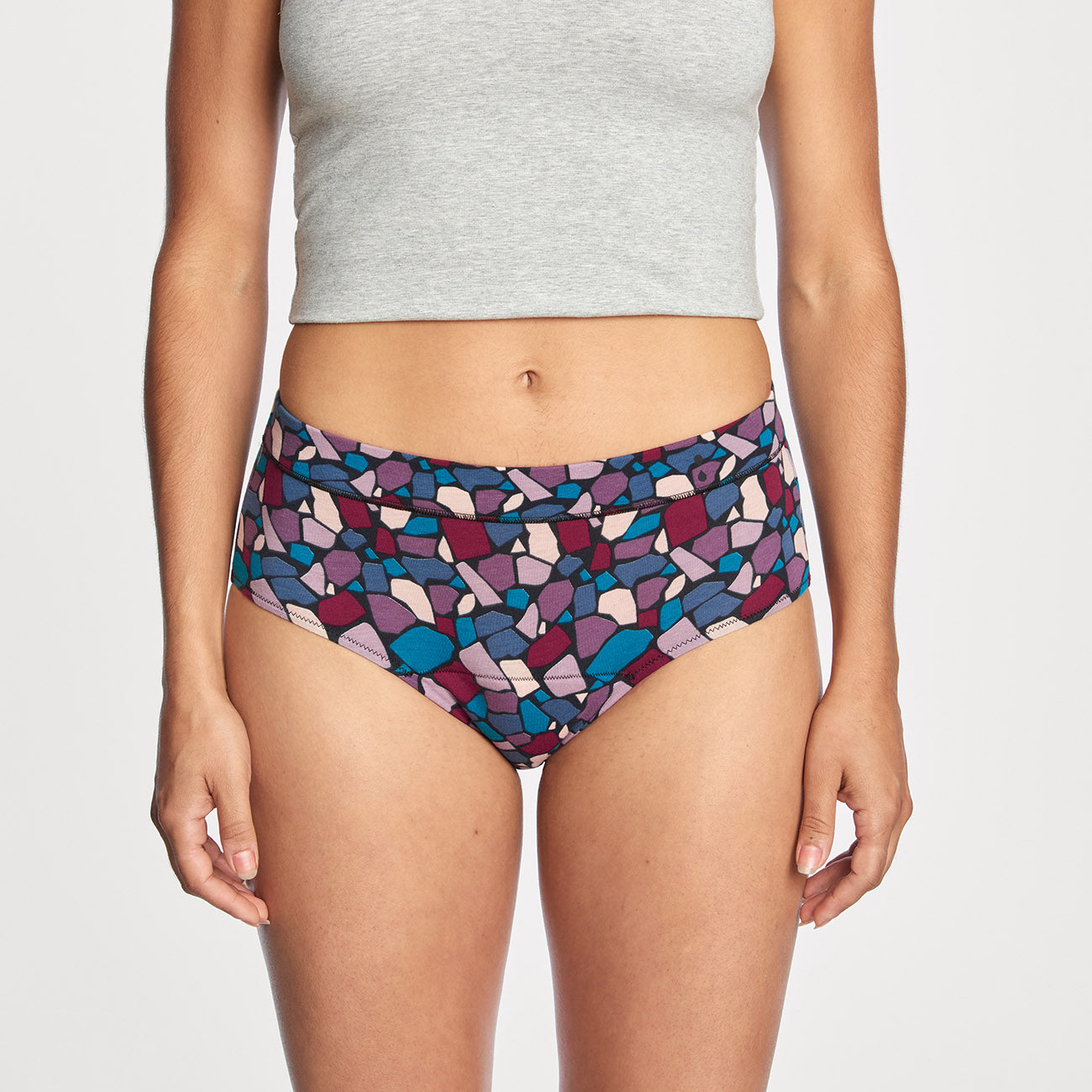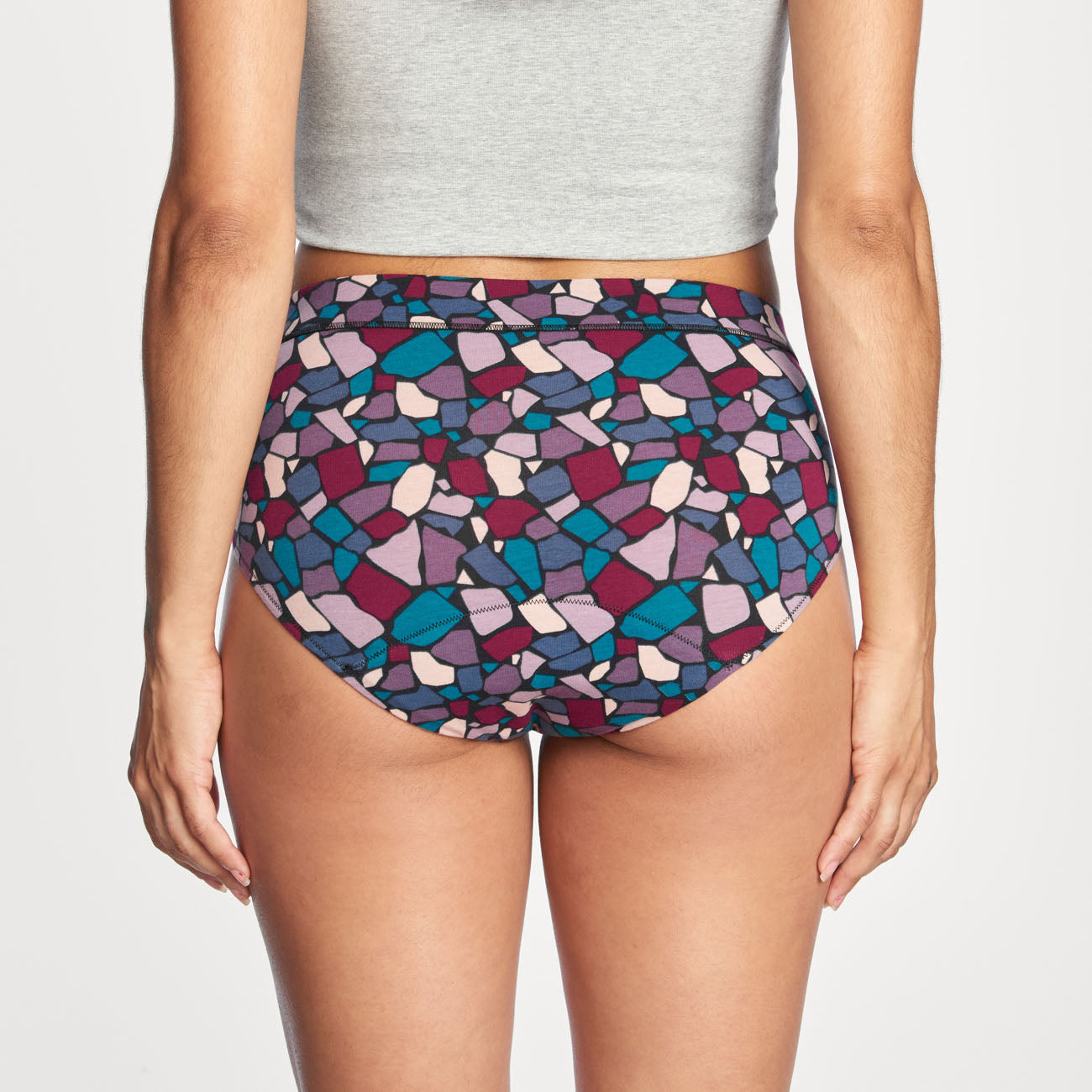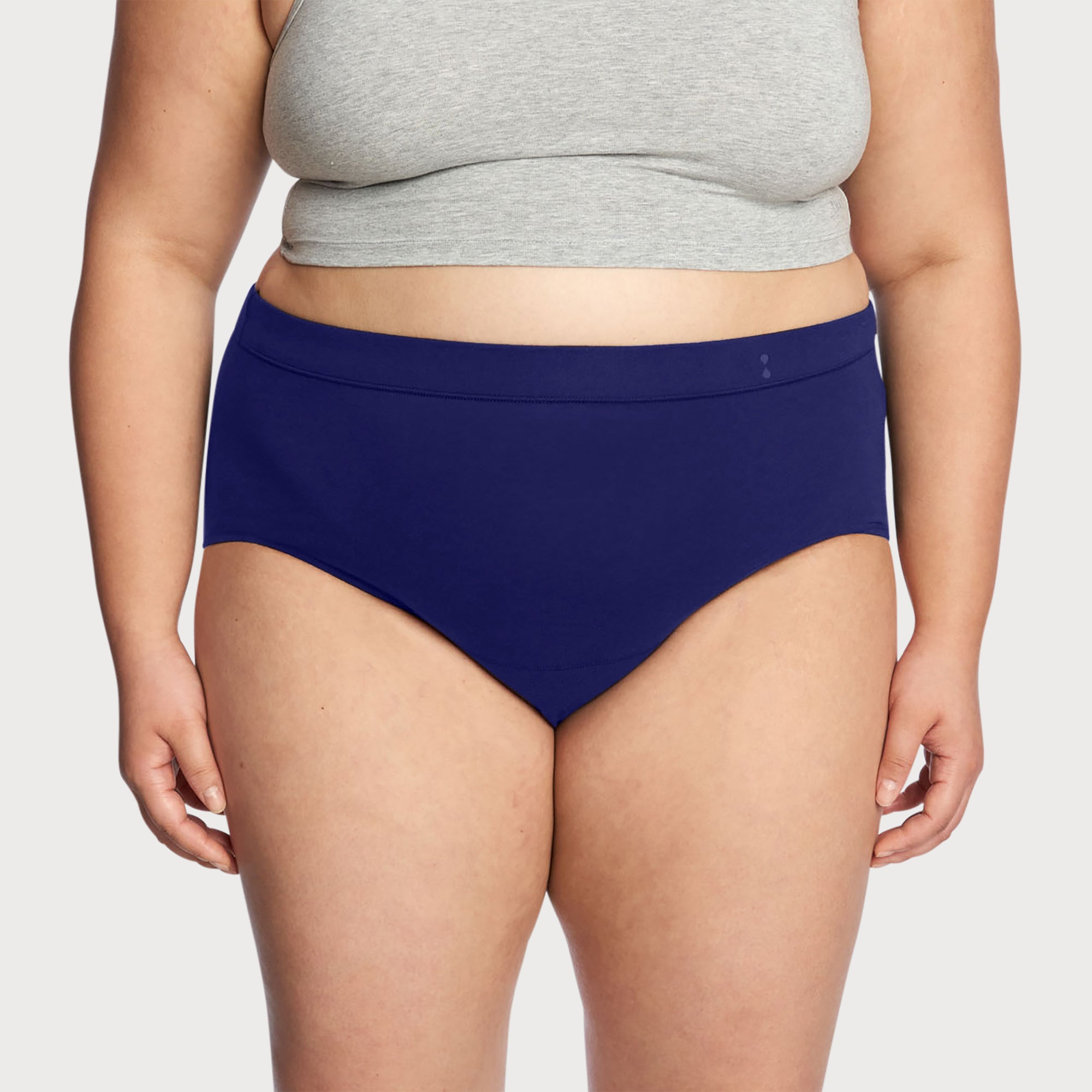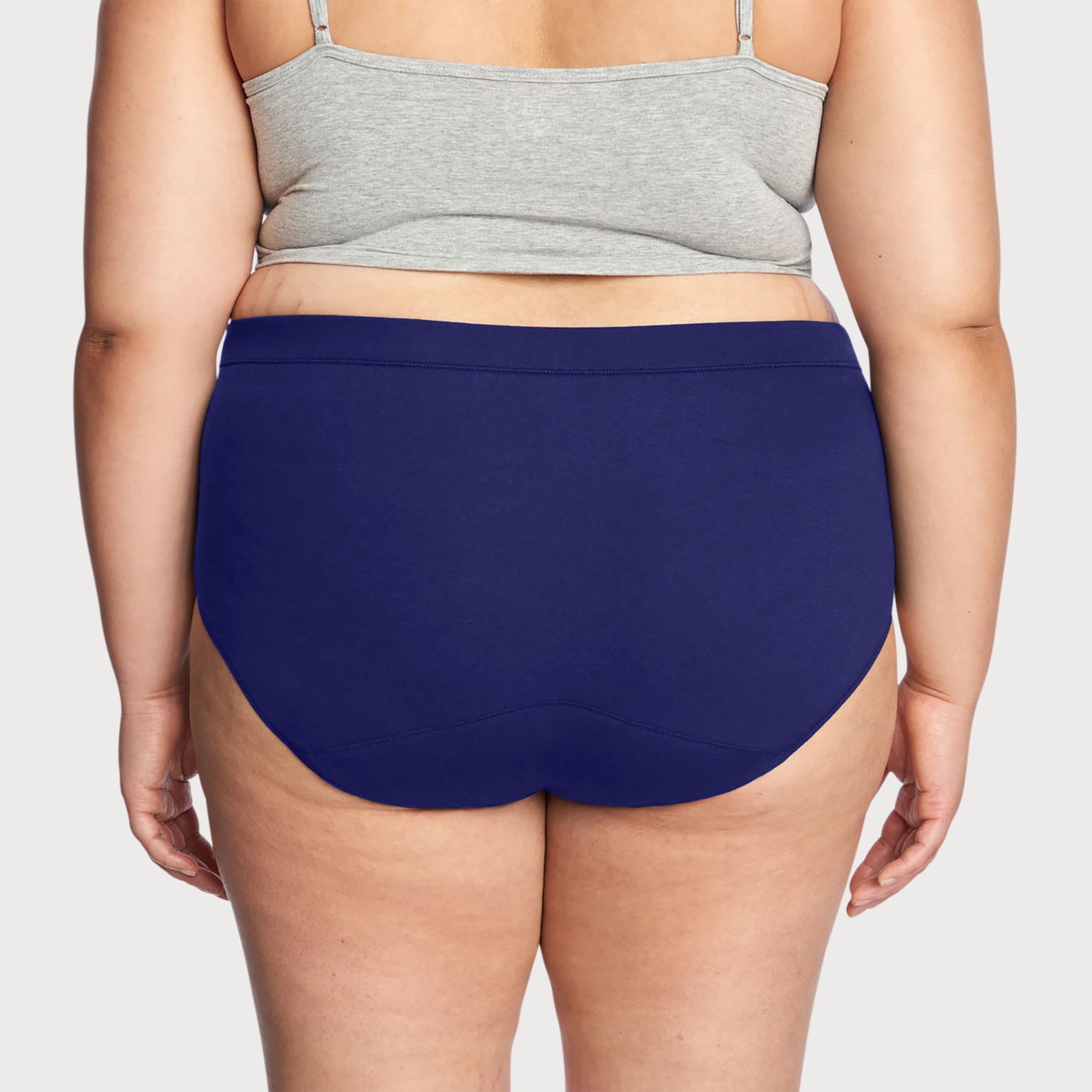What is Free Bleeding?
- Share this article Copy to clipboard

Free bleeding has been making waves as an alternative to using period products while simultaneously taking a personal and, for some, environmental stance.
But what is free bleeding, exactly? And why are we more often seeing it pop up in our feeds, in headlines, and mentioned among our friends?
the basics of free bleeding
Free bleeding is, really, exactly as it sounds: it’s the act of letting nature run its course and letting your menstrual blood, or fluid, flow freely. This means steering clear of conventional period products, such as:
tampons
pads
menstrual cups
menstrual discs
Instead, you let your menstrual blood flow rather than absorbing it with hygiene products and discarding the waste, or otherwise using other traditional methods of blocking the liquid.
For some, this means doing nothing during menstruation and accepting the fact that your clothes might reveal your period flow or become stained. For others, it might mean using period underwear or period shorts.
the history of free bleeding
The contemporary version of free bleeding is often credited to the former drummer of M.I.A., Kiran Gandhi, who has become the face behind it. At the start of 2015’s London Marathon, Gandhi realized she was about to start her period but didn’t have a tampon. She chose to run the race while bleeding freely, in act of solidarity with the millions of people who menstruate without access to period products, menstrual protection, or education on menstrual hygiene practices.
But free bleeding is nothing necessarily new. Disposable tampons were invented in 1931 — nearly a century ago, sure, but they’re still relatively new if you consider that people have been menstruating since, well, forever. Meanwhile, disposable menstrual pads have a slightly longer history, becoming commercially available in the 1920s.
In other words, people who menstruate have been free vaginal bleeding more or less for centuries. Now, though, it’s largely performed as a choice (at least in the Western world), not because it’s a necessity.
why do some people who menstruate choose free bleeding?
Free bleeding is a personal decision — and, for some, a larger societal statement. Every person who opts to free-bleed may have a unique reason that is personal to them. Here are a few of the most common reasons people choose to free-bleed.
to normalize menstruation
Menstruation taboos, but also menstruation celebrations, are rife across cultures:
Some deem that your period is something to conceal, and is meant to be discussed only behind closed doors.
Other cultures actively restrict people who are menstruating from the community and individual activities.
Other cultures — like in parts of Ghana, the South Pacific, and in some Native American societies — honor and celebrate menstruation.
Some advocates of the free-bleeding movement want to smash the period stigma that surrounds menstruation in general. They believe free bleeding or leaking after peeing on your period as a rebellion against the notion that it’s something we should keep in the dark. It aims to remind people that menstruation is a perfectly normal biological process, and helps eliminate the period shame that can be devastating for preteens and teens.
to shine a spotlight on period poverty
It’s estimated that people who menstruate spend about $20 per month on their menstrual cycle, and $18,000 on period products over the course of their lifetime. For some, this is an exorbitant amount of money to shell out every month.
But it can be especially daunting for the 210,000 homeless women in the U.S., who are either forced to:
Purchase products that could harm their health, or
Sacrifice their nutrition to pay for period products
To complicate this, if they use period-absorbing clothing, they need to have the means to wash their garments. This, combined with the usual symptoms of PMS (like cramping, headaches, or insomnia), can leave people who menstruate in tremendous physical and psychological distress.
The United States isn’t hit nearly as hard by the price of period products: The World Bank indicates that a minimum of 500 million people who menstruate around the globe lack access to the facilities they require to handle their periods. In some developing countries, people who menstruate are forced to rely on makeshift remedies to manage their periods, like rags, wadded-up toilet paper, and grass.
For some people who menstruate, free bleeding is practiced to point out that period products, if you choose to use them, ought to be considered period care, a basic human necessity, like shelter, water, and food. Further, free bleeding is practiced to raise awareness about what’s been dubbed the “tampon tax,” or the sales tax that’s applied to period products (and not just disposable tampons).
to protect the environment
Some period products may have an impact on our environment and contribute to landfill waste, ultimately furthering climate change. What’s more, the manufacturing of some disposable menstrual products relies on raw materials, water, and energy. Others may take up to 800 years to break down (and never genuinely biodegrade).
Free bleeding, then, is also used as a way to give back to the environment — and shape a more sustainable future.
why else do people choose free bleeding?
Naturally, these aren’t the only reasons to forgo the use of traditional period products:
Some choose free bleeding simply because it feels more comfortable for them.
Others want to curb their vulnerability to health complications that have been associated with the use of period products—like the risk of toxic shock syndrome (which, we should mention here, is rare).
Some people who menstruate want to (or must) cut down on expenses.
Others still simply like the feeling of flowing without constriction and think of it as a way to celebrate the gift of having a period.
It bears repeating here that free bleeding is a completely personal choice. There are alternative ways to show support to the movement — by donating money and period products to homeless organizations, for example, or taking it upon yourself to educate the youth in your life about menstruation, or using reusable period products that create less single-use plastic waste. It all boils down to what makes you feel the most liberated and empowered.
are there any health risks associated with free bleeding?
No, there are no known health risks to free bleeding.
It can, however, get a bit messy. To mitigate this, some people who practice free bleeding may choose to:
track their periods with an app or calendar to plan their wardrobe accordingly
stay at home when they’re first getting used to free bleeding
carry a towel with them to protect themselves and, perhaps, the furniture they sit on
wear dark clothing on certain days of their period, or for the entire duration of it
use layered, absorbent period underwear that helps keep them dry and comfy, and controls odors while also freely bleeding (just without the clean-up)
stick close to a bathroom on days when their periods are particularly heavy
You might have your own solution, like dedicating several pairs of regular, soft, non-period underwear to your free bleeding days, or investing in period-proof leggings. Again, free bleeding is all about celebrating autonomy, the freedom of choice, and what feels right and true for your body — and, as anyone who menstruates knows, that can change daily and sometimes several times throughout the day.
are there any health benefits to free bleeding?
The biggest potential benefit of steering clear of some period products is that it may, as we mentioned, reduce your risk of toxic shock syndrome — a potentially fatal infection that requires immediate medical attention.
However, you can also decrease your vulnerability to toxic shock syndrome by ensuring that you don’t keep a tampon in for longer than eight hours. Or, you can use pads or period underwear.
Also, some people who menstruate find that certain period products cause irritation, like chafing, and that free bleeding leads to a more pleasant and comfortable period.
comfortably empowered with Thinx
Free bleeding may have started capturing our attention in the last several years, but people who menstruate have been practicing it for hundreds more. The answer to the question, “What is free bleeding?” is really how you want to define it.
There are no rules that preclude you from managing your period however you wish, or changing up your personal methods to maximize ease and enjoyment. Some days you might want to wear a tampon. On other days you might want to flow freely. And perhaps some days you may want to wear a pair of period underwear.
Thinx is here, no matter what you decide. Our reusable, period-absorbing underwear is made with odor-controlling, absorbent, and dry-wicking materials to help you feel supported, all cycle long.
At Thinx, we strive to provide our readers with the most up-to-date, objective, and research-based information. Our content is crafted by experienced contributors who ground their work in research and data. Articles contain trusted third-party sources that are either directly linked within the text or listed at the bottom to lead readers to the original source.
sources:
HealthNews. Free bleeding: why do some women choose it?https://healthnews.com/family-health/reproductive-health/free-bleeding-why-do-some-women-choose-it/
The New York Times. Kiran Gandhi, former M.I.A. drummer, releases feminist music project. https://www.nytimes.com/2017/11/24/style/kiran-gandhi-mia-feminist-music-project-free-bleeding.html
Arizona State University/The Embryo Project Encyclopedia. Menstrual tampon. https://embryo.asu.edu/pages/menstrual-tampon
Smithsonian Magazine. The surprising origins of Kotex pads. https://www.smithsonianmag.com/innovation/surprising-origins-kotex-pads-180964466/
Obstetrics and Gynecology International. Menstrual morbidities, menstrual hygiene, cultural practices during menstruation, and WASH practices at schools in adolescent girls of North Karnataka, India: a cross-sectional perspective study. https://www.ncbi.nlm.nih.gov/pmc/articles/PMC7593755/
NPR. Some cultures treat menstruation with respect. https://www.npr.org/sections/goatsandsoda/2015/08/11/431605131/attention-trump-some-cultures-treat-menstruation-with-respect
Parents. Period shaming: a not so new type of bullying parents need to know about. https://www.parents.com/kids/problems/bullying/period-shaming-is-a-kind-of-bullying-parents-need-to-be-aware-of/
National Organization for Women. Female homelessness and period poverty. https://now.org/blog/female-homelessness-and-period-poverty/
ActionAid. Period poverty: the statistics around the world. https://www.actionaid.org.uk/blog/2022/05/18/period-poverty-statistics-around-world
USA Facts. What is the tampon tax? https://usafacts.org/articles/what-is-the-tampon-tax/
Gynecology & Obstetrics. Menstruation: environmental impact and need for global health equity. https://obgyn.onlinelibrary.wiley.com/doi/full/10.1002/ijgo.14311
CBC. Free the period: why some women choose to free bleed. https://www.cbc.ca/life/wellness/free-the-period-why-some-women-choose-to-free-bleed-1.4015740
Mayo Clinic. Toxic shock syndrome. https://www.mayoclinic.org/diseases-conditions/toxic-shock-syndrome/symptoms-causes/syc-20355384



